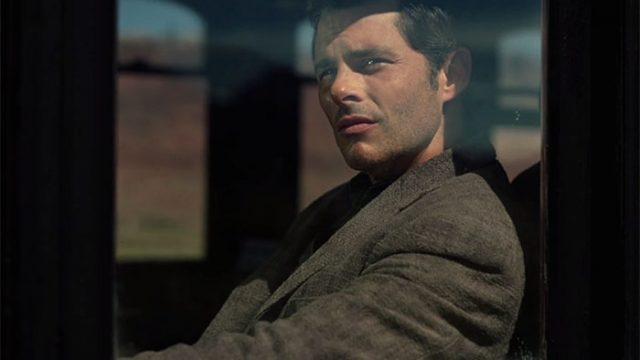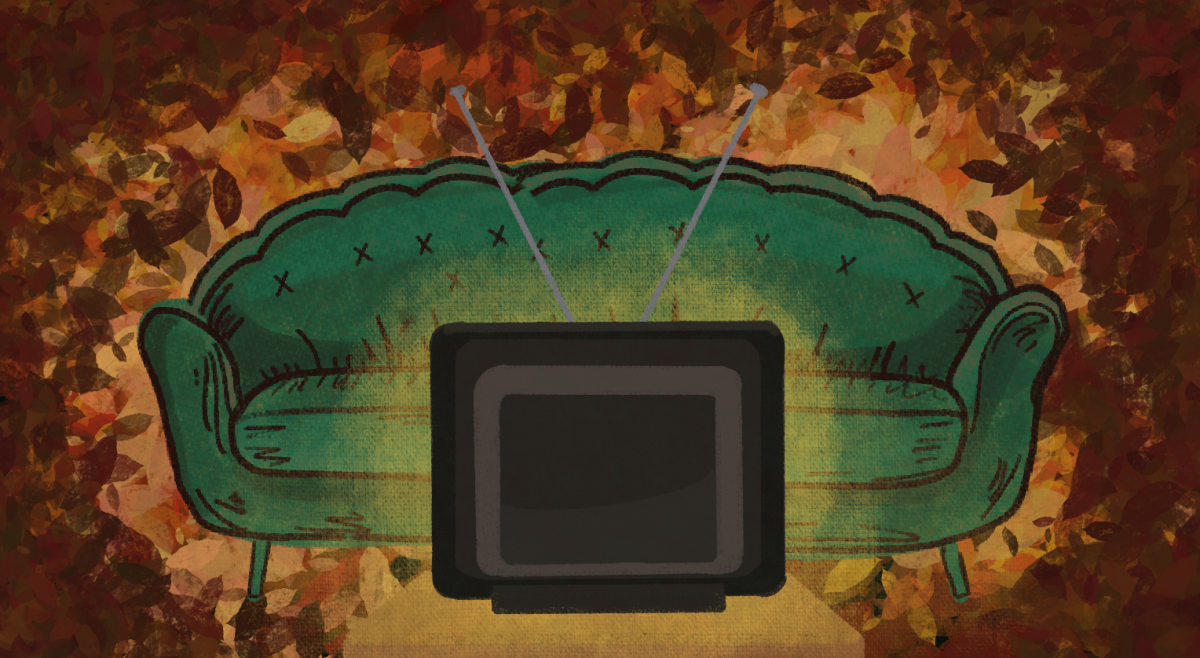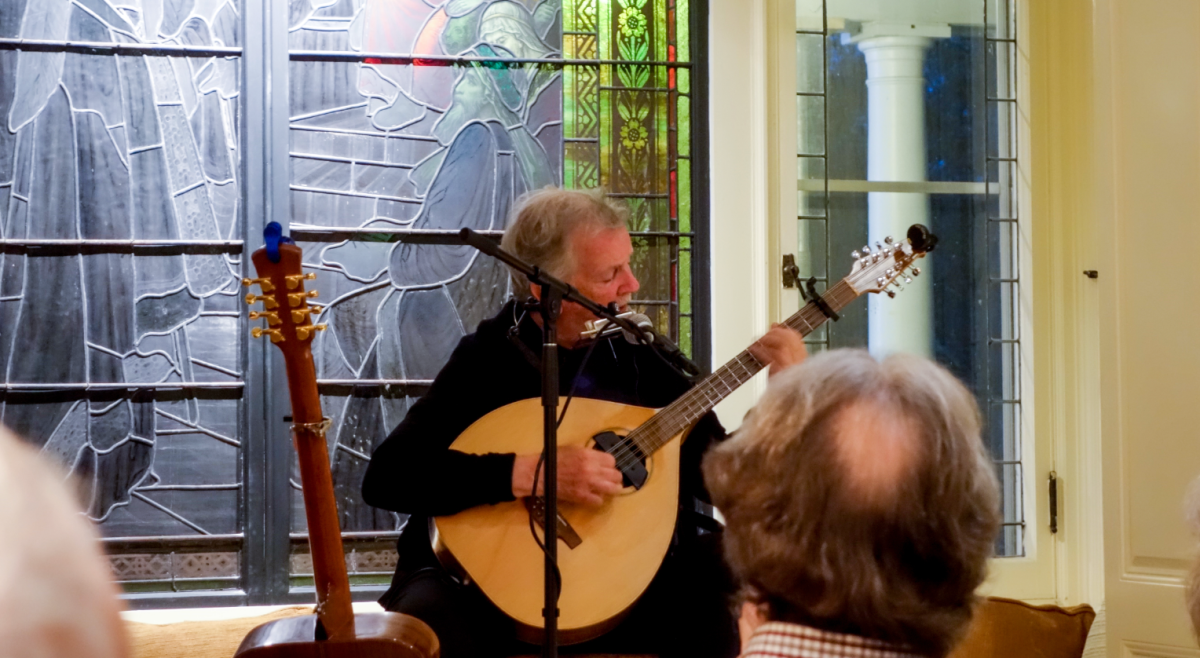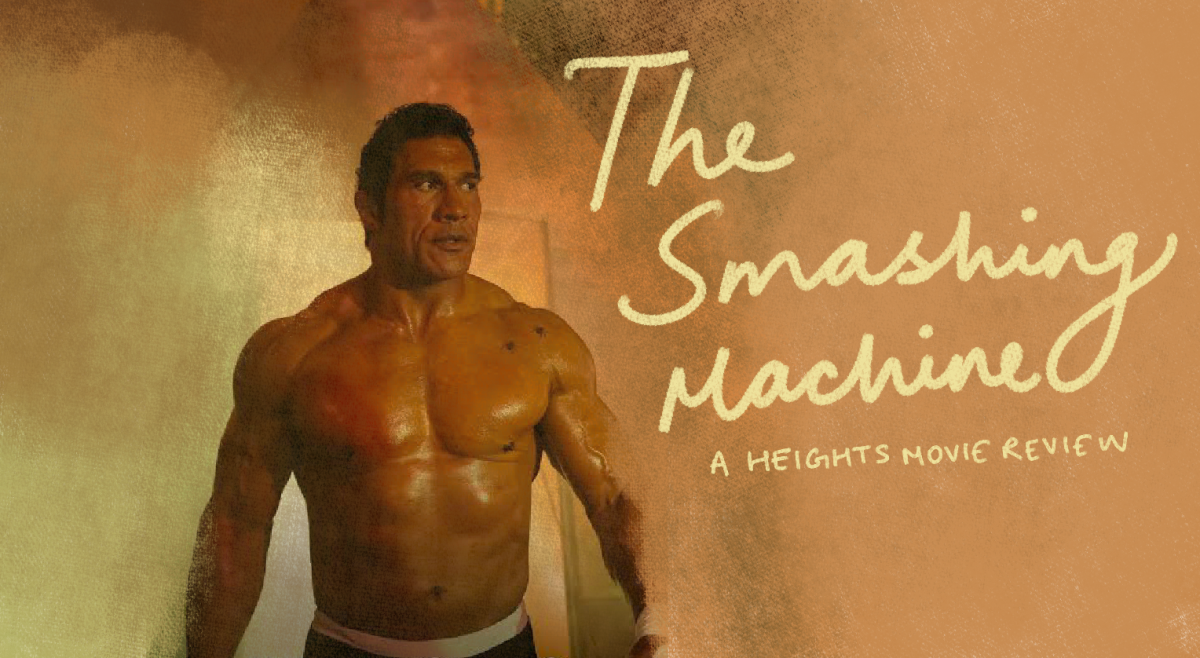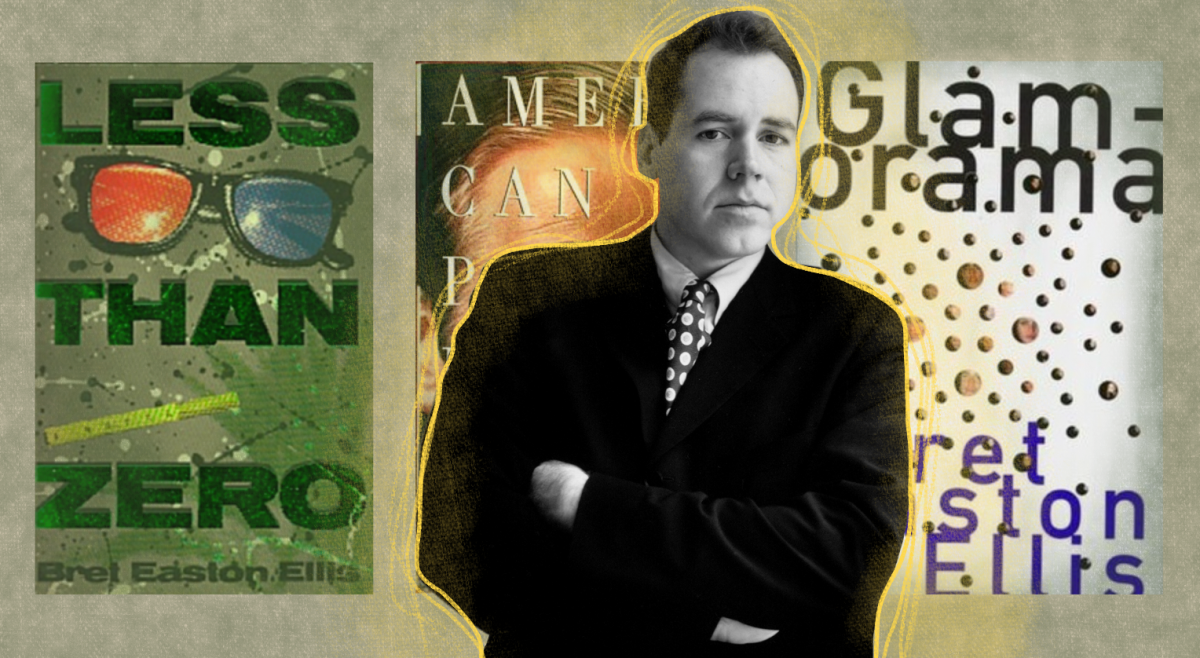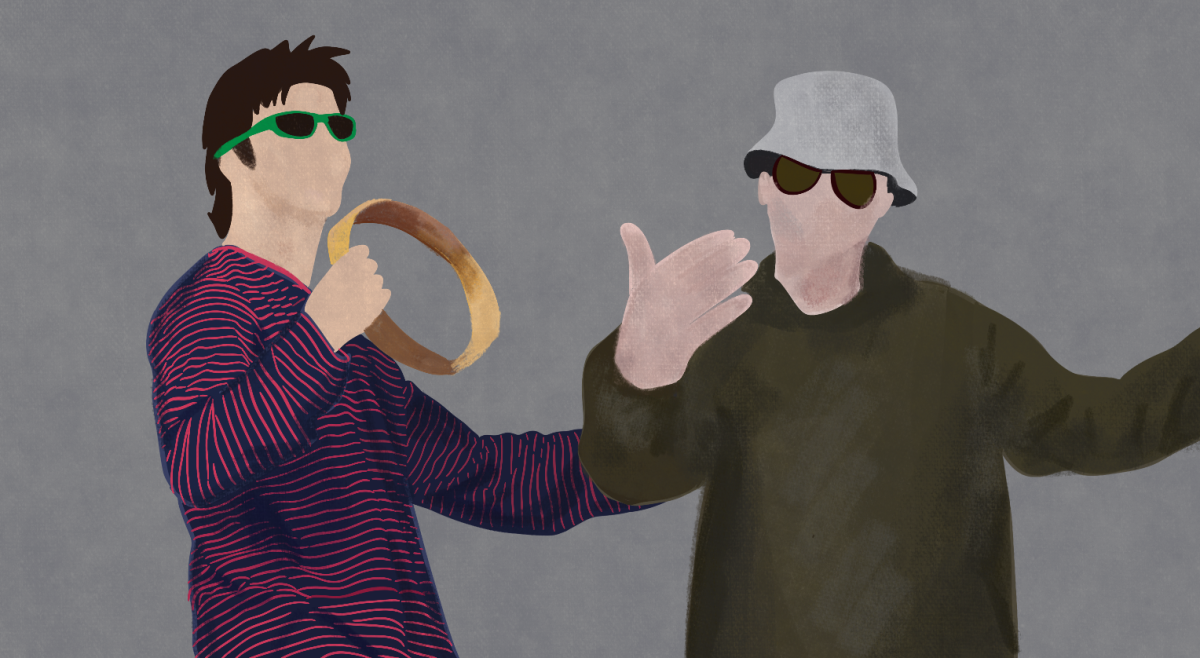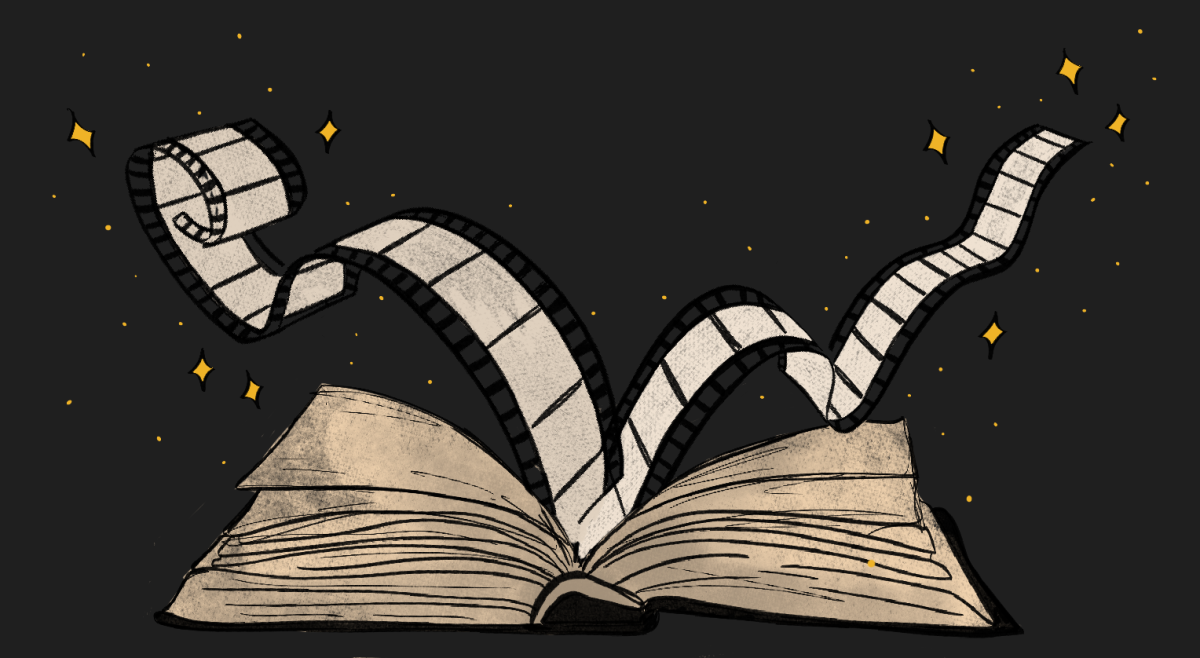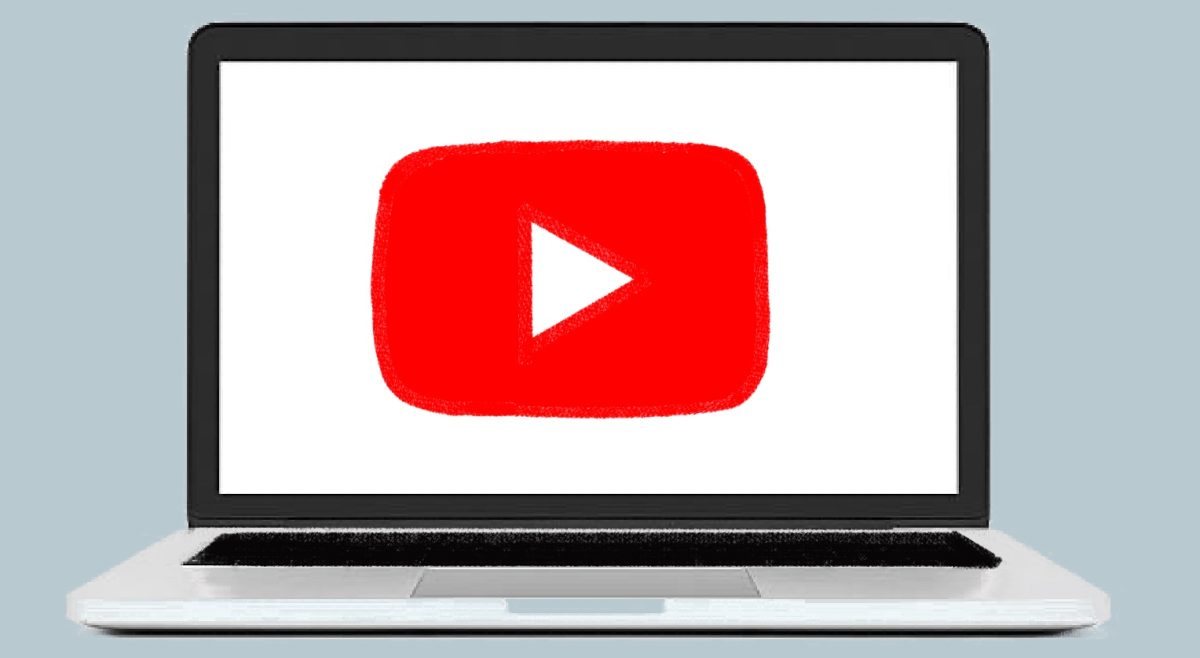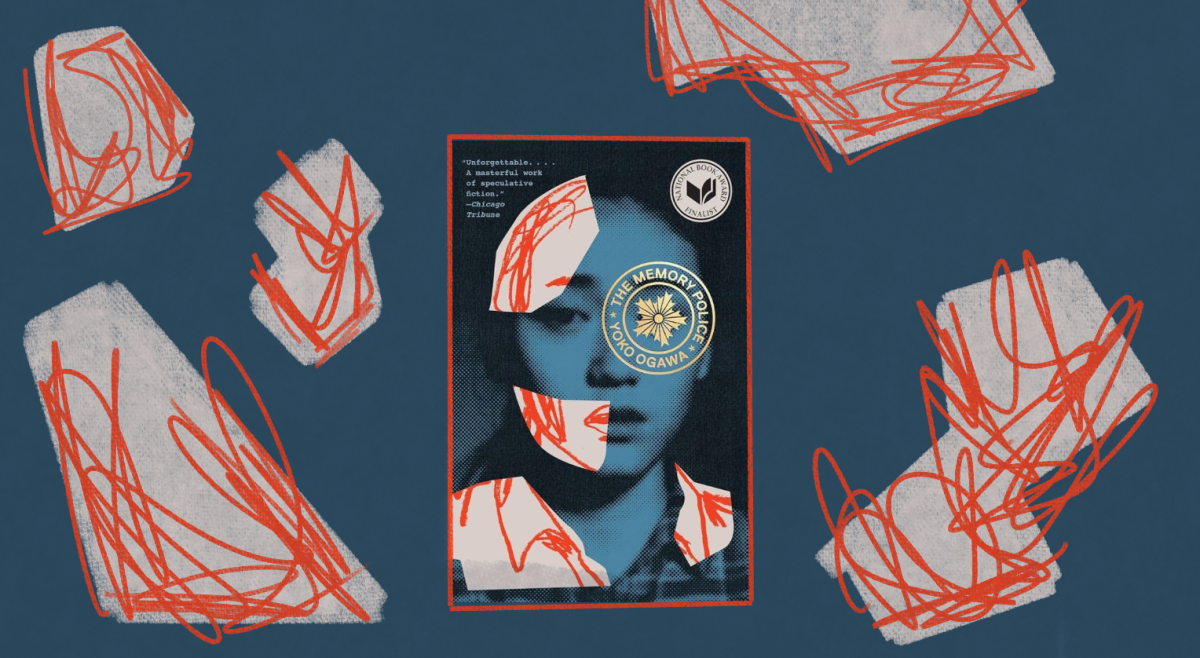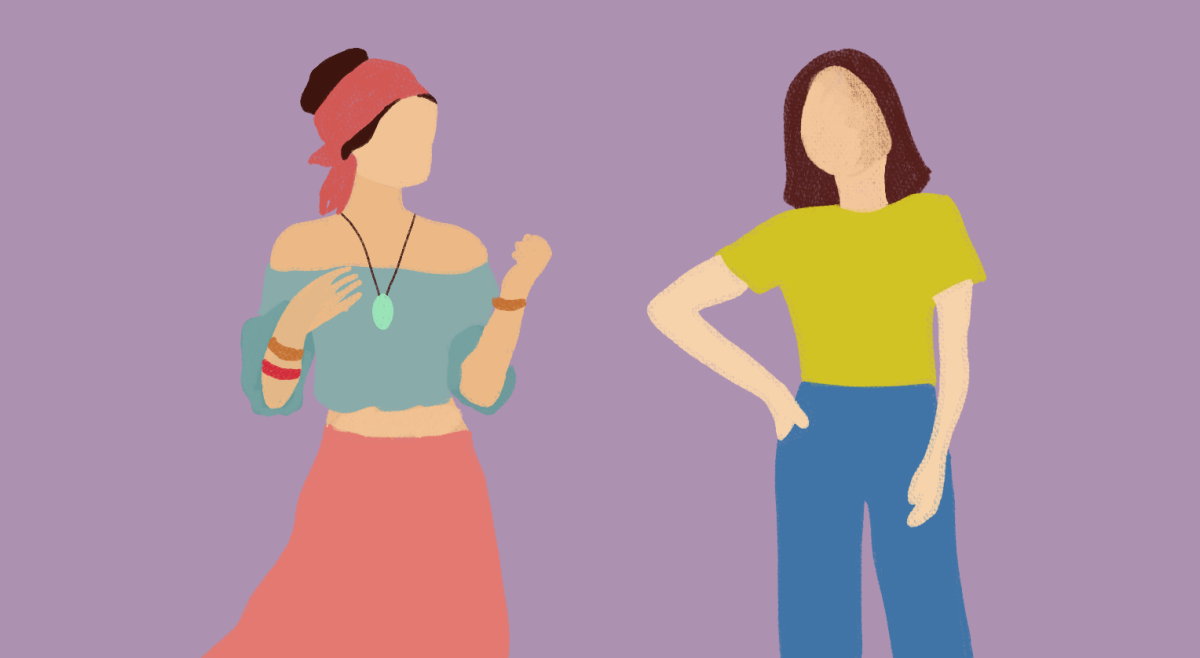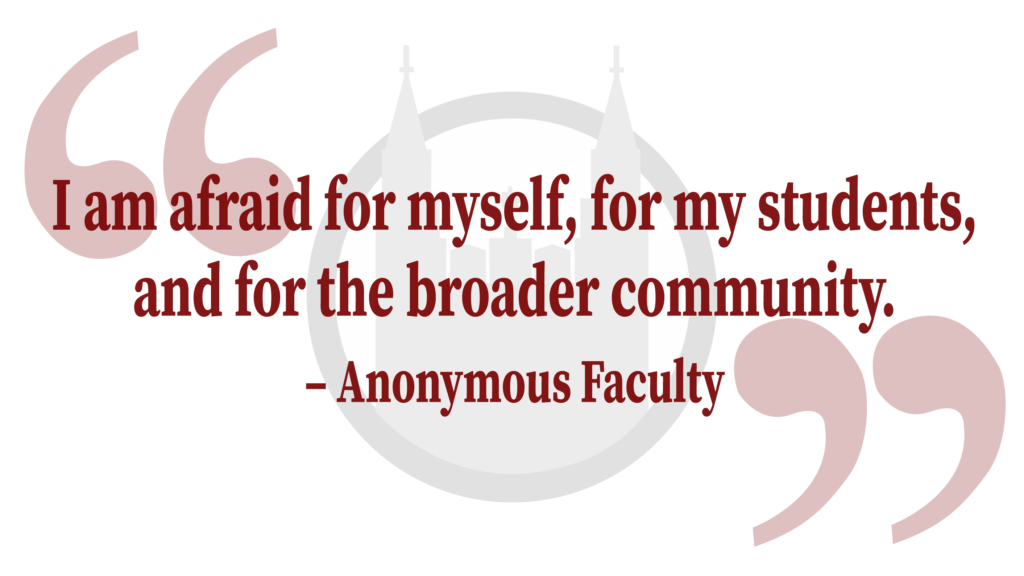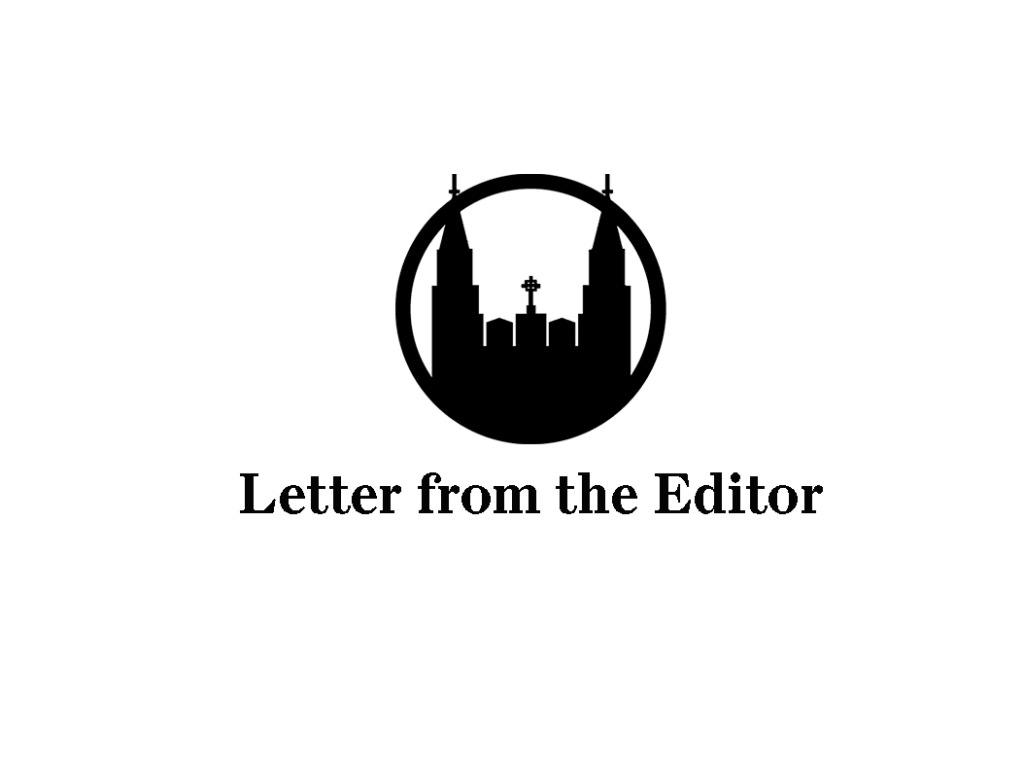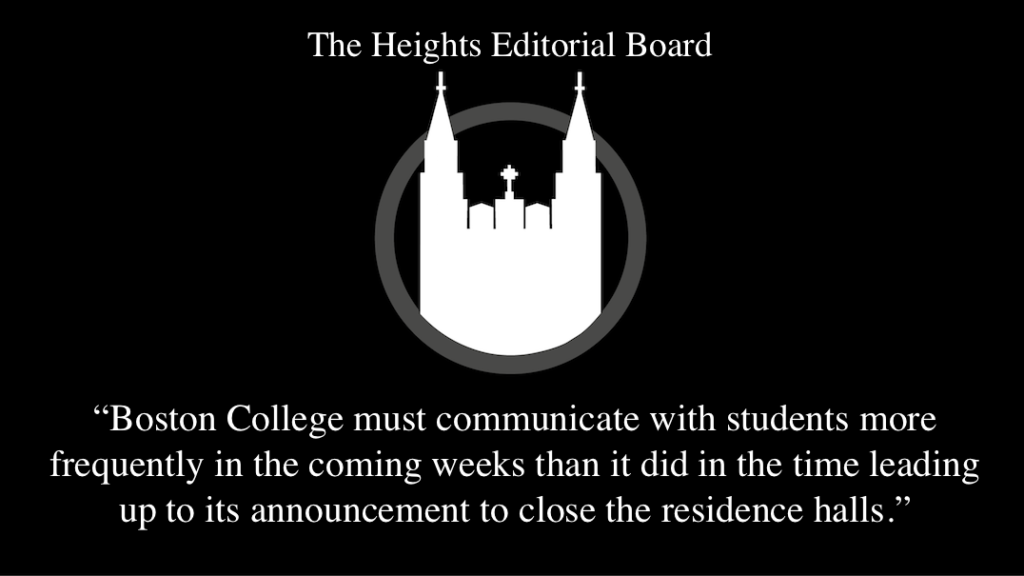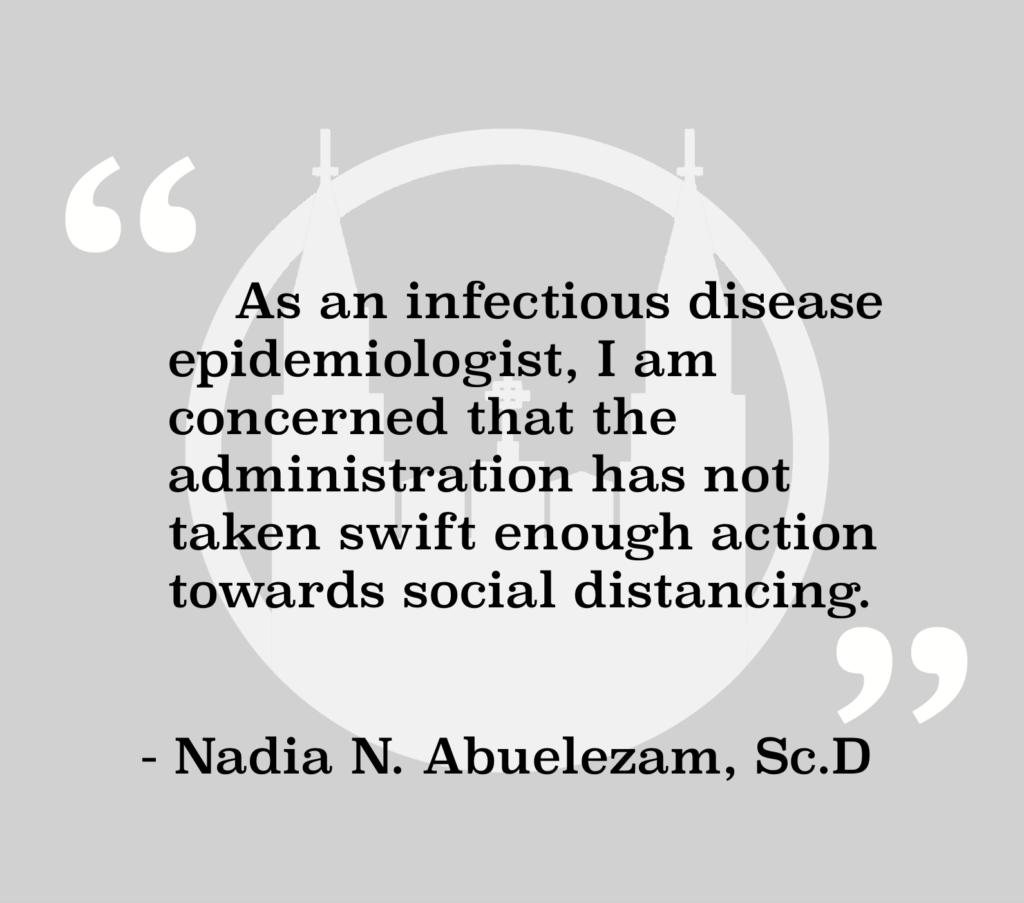If I keep questioning our reality, I may be in for an early existential crisis. The more books I read, the more films I watch, and the more people I talk to have me doing just that. I’d like to think this errs on the side of thoughtfulness rather than conspiratorial insanity, but crazy people usually are the most vehement defenders of their own sanity.
I believe my conspiratorial beginnings were founded when I first read George Orwell’s 1984. Essentially blueprinting the horrors that the world could very well come to, the book was to me a warning of the possible post-apocalypse. As a young, naive person, I believed that as long as a book like 1984 existed, that post-apocalyptic world would never come into existence. How could we, unless by an ungodly amount of ignorance, make true the things detailed in 1984? Since then, I’ve learned to never put anything past humanity. Like Icarus, we never know when we have gone too far until it’s too late.
I began to see, from a moderate eye, similarities between the book and our world. Whether it be speech codes, vitriolic ideological chasms, or paradigm shifts toward the asexual and the unemotional, 1984 seemed less and less horror-fiction and more horror-reality. As a result, I began to think it was the beginning of the end … until I had a thought. Maybe Orwell was not describing the dystopian world that could be, but rather the one that was already here. Really, there was no need to panic, as the world was not going to end—it already had.
This kind of thought experiment was interesting and left quite the impression. In this way, I began to think that art, whether through literature, film, or television, tries to describe our reality on a deeper level.
Recently, as I have been watching HBO’s Westworld, I have been thinking about this idea more and more, especially in relation to Plato’s allegory of the cave. In Westworld, androids powered by artificial intelligence created to fulfill human fantasies must come out of ignorance and realize that their world is a sham. This allegory of the cave is seemingly removed from humans because the humans are not the protagonists. Nonetheless, the story is much the same, pointing to a reality beyond the one that is known.
The Matrix speaks to many of the same points, where people, all of the human race, in fact, are subjugated by sentient computers that feed off a human source of energy. The Truman Show sees Truman as the protagonist of a reality show he calls his life, unbeknownst to him. Ex Machina shows a machine trapped in a cage that tries and ultimately succeeds in escaping. Prometheus finds scientists trying to answer the unanswerable question, “Where did we come from?” Pan’s Labyrinth, The Wizard of Oz, Stranger Than Fiction, Contact, Donnie Darko, Total Recall, Enter the Void, and Man in the High Castle all touch on this idea to varying degrees. Do I even need to mention Alice in Wonderland? Why are all these films grasping at the same thing? Questioning our reality. It is as if they are all screaming this point and we are too dumb to see it.
The conspiracy theorist in me would suggest, as I postulated with Orwell, that these films are trying to enlighten us in small ways by hinting at the fact that our world is an illusion, or, at the very least, that there is something off about it. We are the robots, we are Donnie, we are Alice, we are Ava, we are Truman, etc. The filmmakers are, through the extension of this allegory, the ones who have exited the cave and are attempting to help us transcend it as well.
But as reason attempts to correct the course, I’ve come to conclude that we can all ask these very human questions. We ask similar things because we have not been given answers. Films, as directors and actors bring stories to life on screen, are innately imbued with that human essence of uncertainty.
I still grapple with this notion, despite my better judgement, because I have always held films and art in general to high standards. Apart from the obvious, I think most try to say something more profound and universally human. In many of these cases, I wonder how big or how small of a portion of the world they are speaking to.
But, in the end, I will still be left wondering if the world is just as it seems, if the world is anything but what I see, or if it is something else entirely.
Featured Image By HBO

